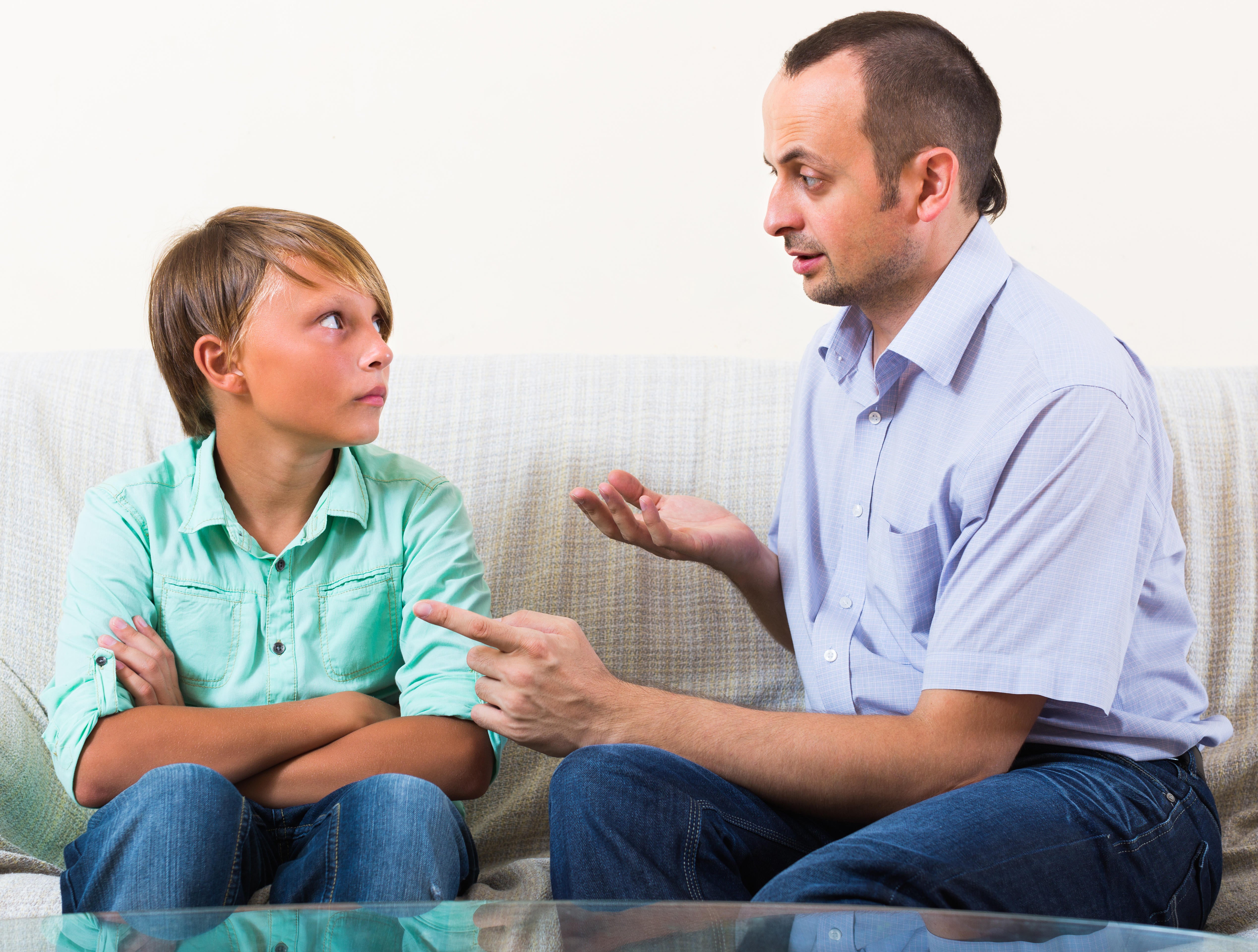
Support truly
independent journalism
Our mission is to deliver unbiased, fact-based reporting that holds power to account and exposes the truth.
Whether $5 or $50, every contribution counts.
Support us to deliver journalism without an agenda.

Louise Thomas
Editor
Close to one million youngsters in Britain admitted to trying e-cigarettes in 2024, according to new research.
The survey by public health charity Action on Smoking and Health, which has been carried out by YouGov every spring since 2013, estimates that 18% of 11 to 17-year-olds – or around 980,000 youngsters – have vaped in 2024.
This showcases just how enticing these products’ colourful packaging and fruity aromas are to young people – but how can parents discuss this issue with their children?
Bring it up gently
Let the conversation come up naturally.

“A good time to start the conversation might be as you walk past a vape shop or see someone using one,” suggests Ruth Duckworth, parenting coach at Action for Children’s Parent Talk. “This could be an opportunity to ask them if they know people who use them or if they’ve ever tried it.”
Stay calm
Use a gentle tone so your child knows they can talk to you without judgement.
“Keep a calm, supportive and non-judgemental tone to inform them of the dangers of vaping and encourage open dialogue,” advises Duckworth. “If you get angry or critical it could cause your child or teen to shut down communication with you.”
Ask questions

Remove any distractions and listen to your child.
“We advise parents and carers to start by asking their child what they know about vaping,” recommends Duckworth. “Listen to your child about their experience and views about vaping, and be open and show interest about what they have to say.
“Then calmly remind them of the dangers of vaping to prompt a discussion. For example, talk about how nicotine is highly addictive and it’s often difficult to quit once you start.”
Discuss the risks

Explain what short-term effects e-cigarettes can have on the body.
“While the long-term effects of vaping are still largely unknown because there hasn’t been enough research into it, you can still talk about the short term effects, like headaches, throat and mouth irritation, and how they affect the lungs and breathing,” says Duckworth. “Explain that vapes are intended for adults to help them give up smoking cigarettes.
“They may not contain tobacco, but they still contain potentially harmful ingredients. Also, there are illegal vapes being sold that contain dangerous levels of lead, nickel and chromium.”
Try role play
Role play could help your child cope with peer pressure.
“If they feel pressured into vaping by friends, you can teach them helpful skills of being confident in saying no,” recommends Duckworth. “Try role playing scenarios they may come across.
“Practicing responses may help them say no in real life and let them know that it’s okay to walk away.”
Work with schools

“Schools and parents can work together by having schools share their vaping policy with parents,” explains Duckworth. “Signposting parents to resources and holding regular or termly information sessions about the risks of vaping.
“Some children may also feel embarrassed or feel like they can’t speak to someone at home about vaping, and so by speaking to a trusted adult at school – they may feel more comfortable to open up.”
Seek help

“If you’re worried about your child and need more advice, Action for Children has a free online 1:1 webchat and WhatsApp service, Parent Talk, where you can talk to trained parenting coaches for advice or support – search online for ‘Parent Talk’ or visit parent-talk.org.uk,” says Duckworth.
“If your child has already become addicted to vaping and they would like to stop, then speak to their GP about supporting them to quit,” she adds.







